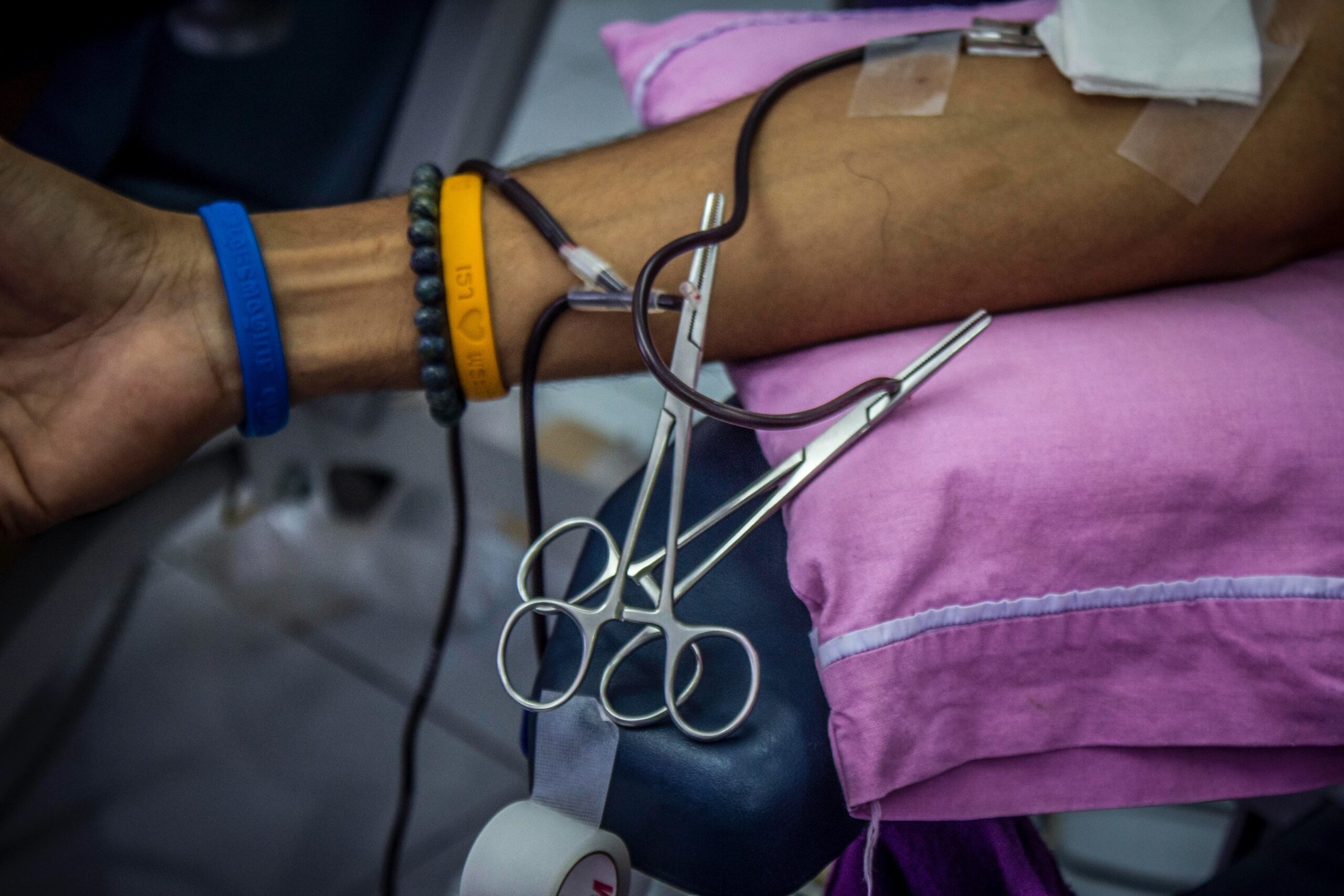Blood transfusions are commonly necessary for cancer patients, especially those diagnosed with cancer originating in the bone marrow. If you were recently diagnosed with cancer after a CT chest scan, you may find yourself in need of chemotherapy, surgery, and possibly blood transfusions.
Cancer treatments and cancer itself can lead patients to require blood and platelet transfusions to save their lives. Keep reading to find out more about blood transfusions among cancer patients.
How Cancer Treatment Impacts the Need for Transfusions
Cancer-related surgeries can lead to blood loss and may require transfusions. Chemotherapy may also bring about low blood cell counts and increase bleeding risks. Since radiation treats the skeletal system, it can impact the bone marrow and reduce blood production.
Patients who need bone marrow transplants undergo incredibly high chemotherapy dosages and radiation. As such, cancer treatments often lead to a need for blood transfusions among patients.
Ways Cancer Reduces Blood Counts
Various types of cancers can cut the number of red blood cells or platelets, which will require the patients to undergo red blood cell or platelet transfusions. For instance, cancers of the digestive system can lead to internal bleeding. Leukemia and other cancers originating in the bone marrow can also reduce blood counts.
Different Types of Blood Donation
The different types of blood donations include:
- Red blood cell transfusions
- Plasma transfusions
- Platelet transfusions
Red blood cells are essential for keeping oxygen flowing throughout the body and picking up oxygen from the lungs.
Plasma is a slightly yellow and clear liquid responsible for holding proteins that allow blood to clot.
Platelets are also essential for the clotting process to stop bleeding.
Safeguards in Place for Donated Blood
When Austrian physician Carl Landsteiner discovered human blood groups in 1901, blood transfusion became a safer practice. Since then, the healthcare industry has put multiple safeguards in place to ensure donated blood does not harm any patients. The protections include:
- Donor screening
- Lists of deferred donors
- Testing blood for multiple infections
- Quarantining blood until it is tested
- Notifying the FDA of any blood deviations and problems
Who Is Able To Donate Blood?
People eligible to donate blood need to be 17 years of age or older and weigh at least 110 pounds. You can also be 16 years of age with a signed parental consent form and weigh at least 120 pounds. In addition, you need to have good health and hold a valid photo identification document.
Some medicine, health conditions, and lifestyle may also disqualify donors from giving blood, which are asked on the donor health questionnaire before donation.
Before You Go
These are the main reasons why cancer patients commonly need transfusions. Blood donations can help save the lives of cancer patients worldwide. Make an appointment to give blood at SouthTexasBlood.org.
